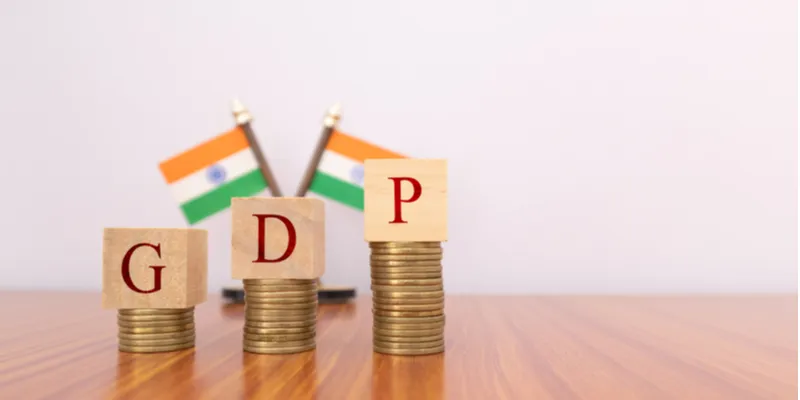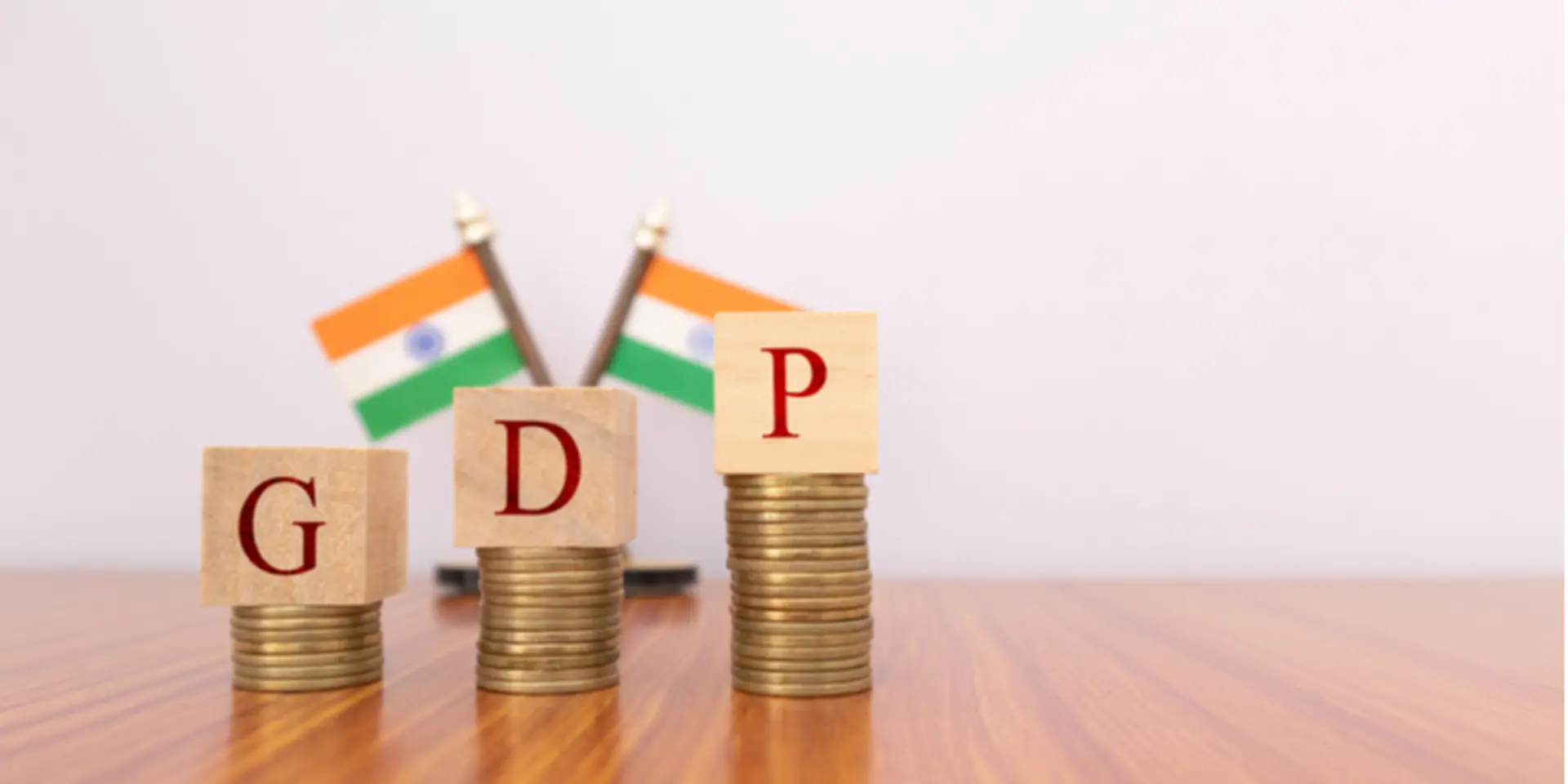Indian economy claws back faster than expected in Q2; GDP contraction at 7.5 pc
In the first half of 2020, India's GDP contracted by 15.7 percent compared to a growth of 4.8 percent in the same period last fiscal.
India's economy recovered faster than expected in the September quarter as a pick-up in manufacturing helped GDP clock a lower contraction of 7.5 percent, and held out hopes for further improvement on consumer demand bouncing back.
The GDP had contracted by a record 23.9 percent in the first quarter of 2020-21 fiscal (April 2020 to March 2021) as the coronavirus lockdown pummelled economic activity.
The second straight quarter of contraction pushed India to its first technical recession.
The GDP contraction of 7.5 percent in July-September compared with a growth of 4.4 percent in the same quarter last year, according to data released by the statistics ministry on Friday.
With the gradual opening up from June, the economy picked up momentum. Manufacturing clocked a surprise 0.6 percent growth in July-September after it had shrunk by a massive 39 percent in the preceding quarter.
Continuing its good showing, the agriculture sector grew by 3.4 percent, while electricity and gas expanded 4.4 percent.
Financial and real estate services shrank 8.1 percent in the second quarter of FY21 from a year ago, while trade, hotels, transport, and communication declined 15.6 percent.
The construction sector — which is the second-largest employer in the economy — contracted only 8.6 percent in Q2 versus (-) 50 percent in Q1. Public spending was down 12 percent.
Analysts and economists, who have projected the economy shrinking for the full fiscal, had expected a wider contraction in Q2.
China's economy grew by 4.9 percent in July-September this year, faster than the 3.2 percent growth in April-June 2020.

Image Source: Shutterstock
Chief Economic Adviser Krishnamurthy Subramanian said the GDP numbers were "quite encouraging" given the pandemic, and compared with the previous quarter's performance.
Giving outlook for the near future, he said, "We should be cautiously optimistic and the caution is warranted because the economic impact is primarily due to the pandemic."
Rumki Majumdar, Economist, Deloitte India, said recent high-frequency data possibly suggest a quicker rebound ahead.
"The possibility of a release of several highly-effective vaccines soon gives us hope that there is an end date to the pandemic, even if it may not be immediate," Majumdar said.
Stating that the numbers are surely not as gloomy as was being anticipated, Mayur Dwivedi of Religare Enterprises, said, it now remains to be seen whether this momentum is sustained in the remaining two-quarters of FY21.
In the first half, India's GDP contracted by 15.7 percent compared to a growth of 4.8 percent in the same period last fiscal.
Though the contraction in July-September pushed India into its first technical recession, based on records going back to 1996, a sharp recovery held out hopes for the economy turning around before the end of the fiscal year. Analysts said the recovery was 'V' shaped.
Reserve Bank of India (RBI) Governor Shaktikanta Das had on Thursday stated that the recovery from the lockdown has been stronger than expected, and the economy could show growth in the fourth quarter.
Post Q2, there has been a pick-up in consumer demand for autos, non-durables, and rail freight during the festival season as prospects grew for COVID-19 vaccines to be launched early next year.
But there are downside risks as some states reimposed curbs to fight the second wave of infections, which could slow the pace of recovery in the next two or three months, as well as heightening the risk of inflation.
India's tally of infections has crossed 93 lakh — the second-highest globally after the US — with more than 1.35 lakh deaths.
The improvement in the economy came ahead of next week's interest rate decision by the RBI.
"GDP at Constant (2011-12) Prices in Q2 of 2020-21 is estimated at Rs 33.14 lakh crore, as against Rs 35.84 lakh crore in Q2 of 2019-20, showing a contraction of 7.5 percent as compared to 4.4 percent growth in Q2 2019-20," the National Statistical Office (NSO) said in a statement.
To contain the spread of the COVID-19 pandemic, restrictions were imposed on the economic activities not deemed essential during Q1.
"Though the restrictions have been gradually lifted, there has been an impact on economic activities. In these circumstances, some other data sources such as GST, interactions with professional bodies, etc. were also referred to for corroborative evidence and these were clearly limited," it added.
Most rating agencies had projected that the fall in India's GDP for the second quarter of 2020-21 would be arrested to single digits.
NITI Aayog Vice-Chairman Rajiv Kumar said the economic recovery was a 'pleasant surprise.' "Manufacturing shows a positive growth, which is the confirmation of a rebound of demand-led recovery," he tweeted.
Vedanta Chairman Anil Agarwal said the Q2 GDP numbers show that economy is recovering. "Government's efforts on stimulus and reform are showing results. Hopefully, we will have positive growth in H2 FY21, and double-digit growth in FY22."
India Ratings and Research said much would depend on the sustainability of the consumption demand seen in October. "If it sustains, then a faster recovery is possible. But, with rising COVID-19 cases, and some states hinting that they may have to impose some kind of lockdown could be a spoiler in the growth recovery process," it said.
Separate official data showed that the April-October 2020 fiscal deficit at Rs 9.53 lakh crore was 119.7 per cent of the FY21 target. The fiscal deficit has been budgeted at Rs 7.96 lakh crore for FY21.
Edited by Suman Singh








